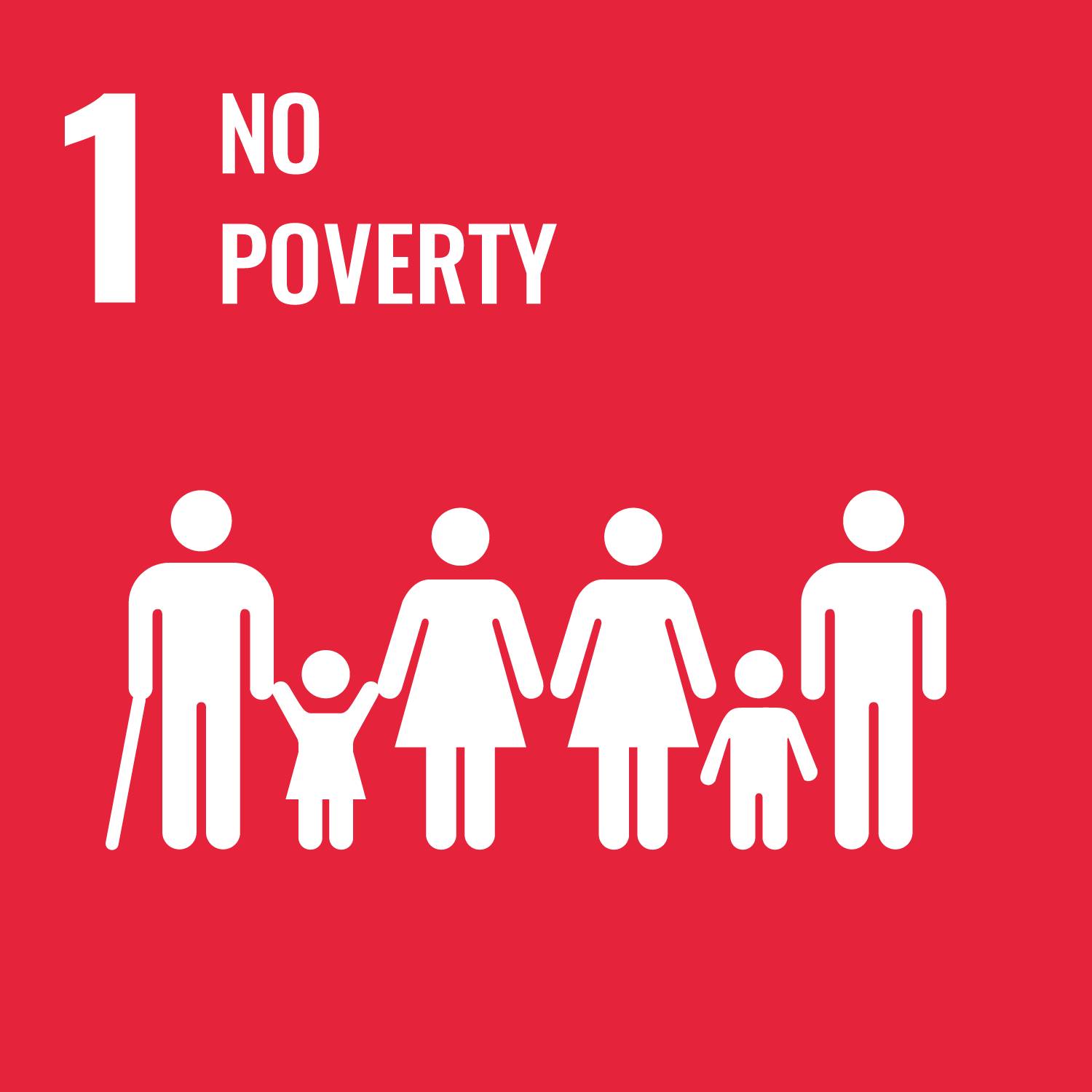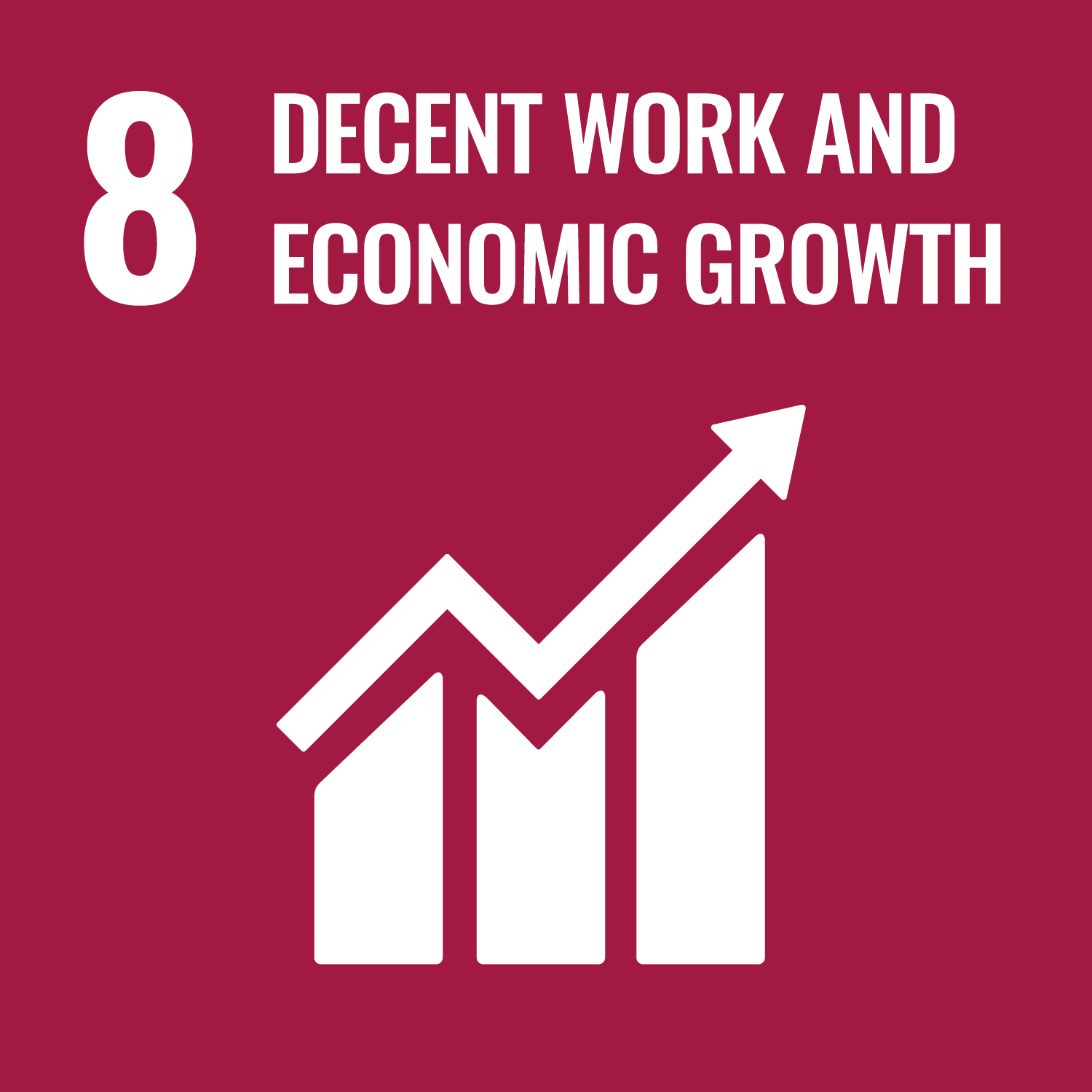This paper considers the ways in which sexuality, gender and race intersect to create barriers to economic and social inclusion. Barriers for LGBT people and communities to economic and social inclusion are related to structural inequalities and social stigma that runs along a range of axes (gender, race, sexuality) within South Africa. While South Africa’s progressive landscape seemingly creates equal opportunity for many LGBT people in South Africa, there is still an alarmingly present notion of inequality within the country.
This report highlights the norms and values that privileges dominant groups (cis-gendered, heterosexual) and stigmatises others (LGBT, people of colour), and the effect this has on living and working conditions. There is a deep exploration of the stigma and structural racism that runs deeply throughout governmental and institutional policies, as well as through interpersonal dynamics that influence exposure to increased violence, sexual assault, bullying and access to resources. There are two key primary data sources used to explore the how LGBT people are structurally excluded from social and economic activities, firstly the 2015 and 2016 South African Social Attitudes Survey, and secondly the 2011 South African Census. These sources provide an overall snapshot of the inclusiveness/exclusion of LGBT people within the socioeconomic and health sphere. Lastly, the paper calculates an estimate of the economic costs of stigmatisation and discrimination towards LGBTI and gender non-conforming people. This provides a clear-cut image of the effects stigmatisation and discrimination at all levels has on South Africa’s economy.








